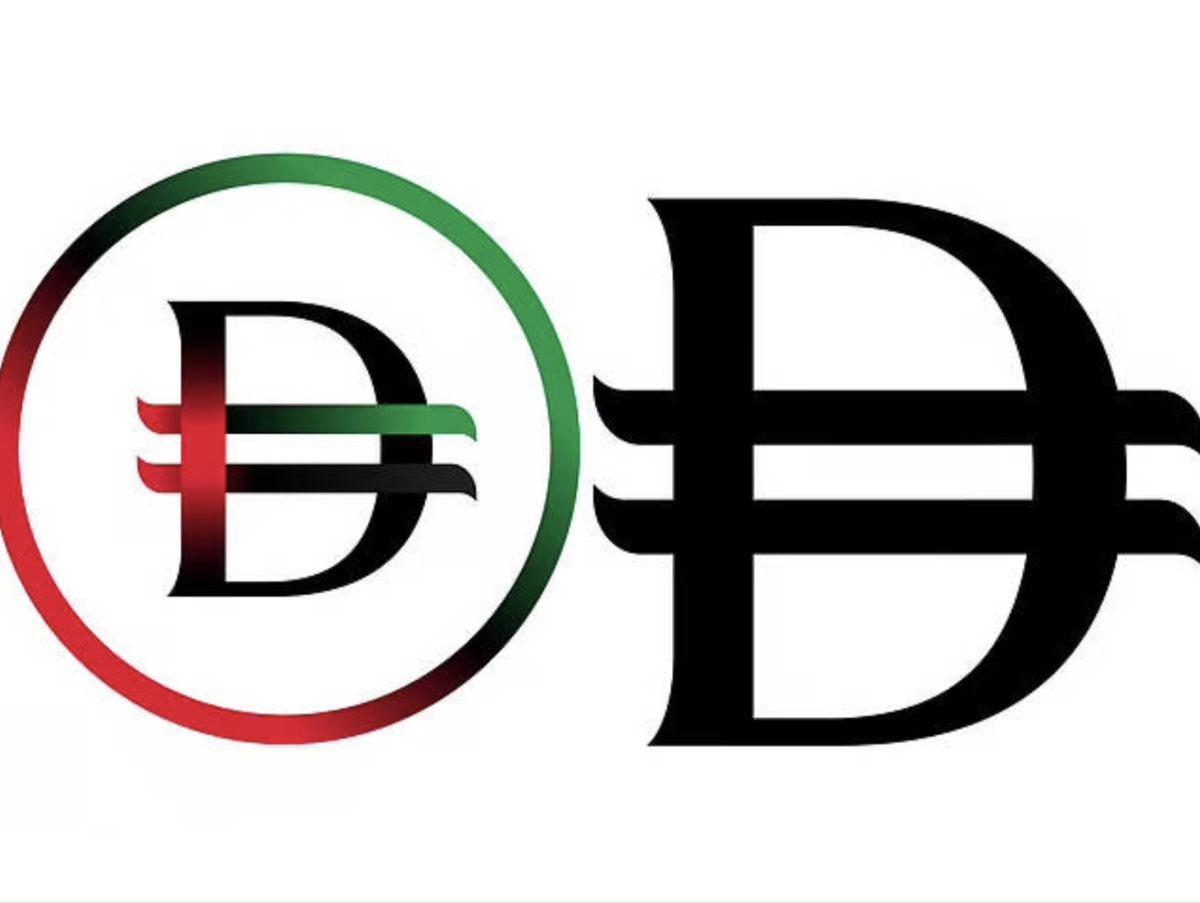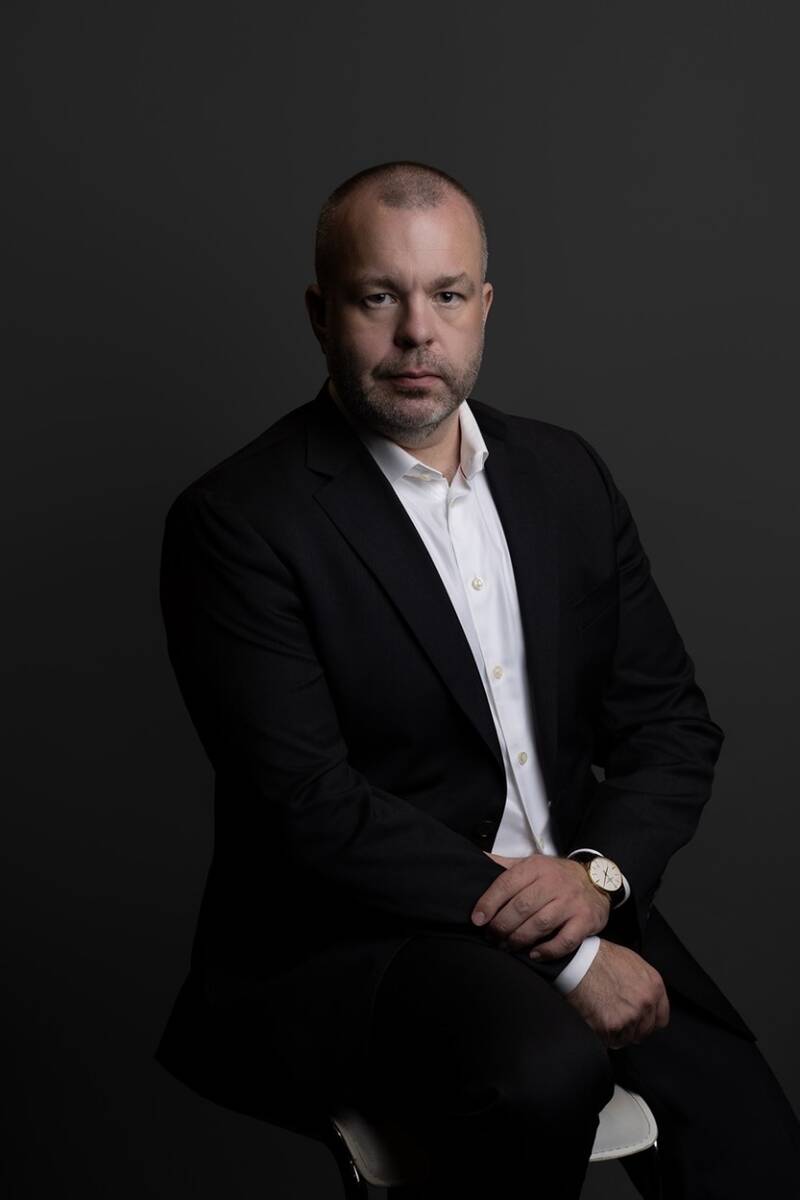RIYADH: China’s stringent rules to curb COVID-19, the surge in oil prices and the worldwide demand shock have shaken the tectonic plates of the international supply chain and cast a long shadow on the global logistics business.
The troika has exposed not only the fault lines in companies’ distribution strategies but also the lack of resilience among logistics firms to cope with the vagaries of the global economy.
“China is sadly passing through another lockdown, impacting our volumes. The challenge has nothing to do with us; it is from China itself,” Abdulaziz Busbate, country general manager of DHL Saudi Arabia, told Arab News.
The leading logistic firm has seen a 20 percent rise in the cost of operations since the outbreak of the universal pandemic. The same holds true even for smaller supply chain companies.

“Before the pandemic, it took about $2,000 to import one container from China. Now it takes almost $7,000. Product prices are increasing daily,” said Muhammad Omer, co-founder and CEO of Aiduk Trading, a Riyadh-based company established in 2015.
According to Bloomberg Economics, a leading macroeconomic research service, China’s supply chain significantly dropped since April and is expected to worsen. What’s even worse? China’s port activity has fallen back to 2020-lockdown levels.
Global inflationary winds
The Russia-Ukraine conflict has impacted inflation rates of many food, commodities and raw materials. Countries neighboring Russia and Ukraine have been hit the hardest — Lithuania, Estonia, and Latvia have endured inflation rates of 14 percent, 12 percent and 10 percent, respectively.
“The combination of the war and the supply and demand imbalances, especially in energy, will push up base metals, precious metals and energy together,” Paul Christopher, head of global market strategy at the Wells Fargo Investment Institute, told Bloomberg Television.
According to Jadwa Investments’ inflation report, the Kingdom’s inflation is expected to rise 2.4 percent in 2022 as the Russia-Ukraine war, COVID-19 lockdowns in China and higher food consumption will add to the price pressure.
“Inflation globally is impacting us as well as the increase of fuel prices,” Busbate added.

Abdulaziz Busbate, country general manager of DHL Saudi Arabia.
The lockdowns in parts of China are adding more challenges to the already affected global supply chains, resulting in higher import costs from key trading partners such as Saudi Arabia.
Although the Kingdom’s inflation rate is expected to increase to 2.7 percent in 2023 — a 0.5 percentage point increase from 2022 — it will achieve the lowest inflation levels among the G20 economies and the third lowest worldwide, following Japan and Switzerland.
Within the G20, the Kingdom outperformed its peers, decreasing the annual inflation rate from 3.1 percent in 2021 to 2.2 percent in 2022.
Changing market dynamics
According to Busbate, the sector is seeing a growing demand in the business-to-consumer segment.
“During COVID-19, we took advantage of our e-commerce and B2C services as most people wanted to purchase online, while consumer behavior has completely changed in this current scenario,” he said.
DHL Saudi Arabia had a successful year in terms of revenues in 2020, thanks to a remarkable increase in their B2C operations.

Mohammed Omer, co-founder and CEO of Aiduk Trading.
Aiduk Trading also booked a significant increase in sales during the pandemic as people could not go out, and the online delivery market was booming.
“The industry of last-minute delivery during the pandemic was working day and night delivering goods to different consumers,” the CEO of Aiduk told Arab News.
However, business-to-business demand decreased heavily in 2020 as most industries were negatively affected by the pandemic.
“In 2020, we were 90 percent performing in B2C, while B2B was nearly 10 percent,” DHL’s Busbate said.
In 2021, businesses started to get back on track, and the B2B volume increased to 40 percent of their operations.
The company nearly doubled its crew in the call center to accommodate the number of calls they received and increased its drivers’ network by about 60 percent to deliver their shipments daily, pointed out Busbate.
Wading off the headwinds
Starting in 2015 with a 1,000- square-meters warehouse, Aiduk’s warehouse today is more than 20,000 square meters, offering e-commerce fulfillment services to their clients.
Meanwhile, DHL built three gateways in the major cities of Riyadh, Jeddah and Dammam, investing more than $50 million in the Kingdom since 2014.
A gateway is a point at which freight moving from one territory to another is interchanged between transportation lines.
The gateway in Jeddah is around 15,000 square meters, while Riyadh is about 12,000 square meters.
The German logistics behemoth is in no mood to stop as it plans to invest $8.5 million in its expansion plans in Riyadh.
The new expansion is expected to come into operation by the end of the year, said Busbate.
DHL today has a 58 percent market share in the Kingdom, managing around 20,000 shipments daily.
Turnaround strategy
According to Riyadh-based Saudi Market Research, the Kingdom plans to inject $147 billion into the development of the transportation and logistics industry to turn the country into a transportation hub.
Saudi Arabia’s strategic location has attracted foreign players into the Kingdom’s logistics industry.
For instance, the US logistics giant FedEx has announced its decision to invest $400 million into domestic logistics operations to attract other foreign players to contribute to the vast developments, said the report.
The Kingdom is already the leading transportation and logistics operator in the Middle East and North Africa, earning $27.6 billion annually.
Also fueling the Kingdom’s supply chain ambitions is the development of new trade zones such as Jazan Economic City, NEOM Airport, SPARK zone, and the Red Sea Gateway Terminal.
The forecast exceeds the Kingdom’s pre-pandemic levels and is expected to continue its growth until 2025, when the industry reaches $50 billion in value.

































